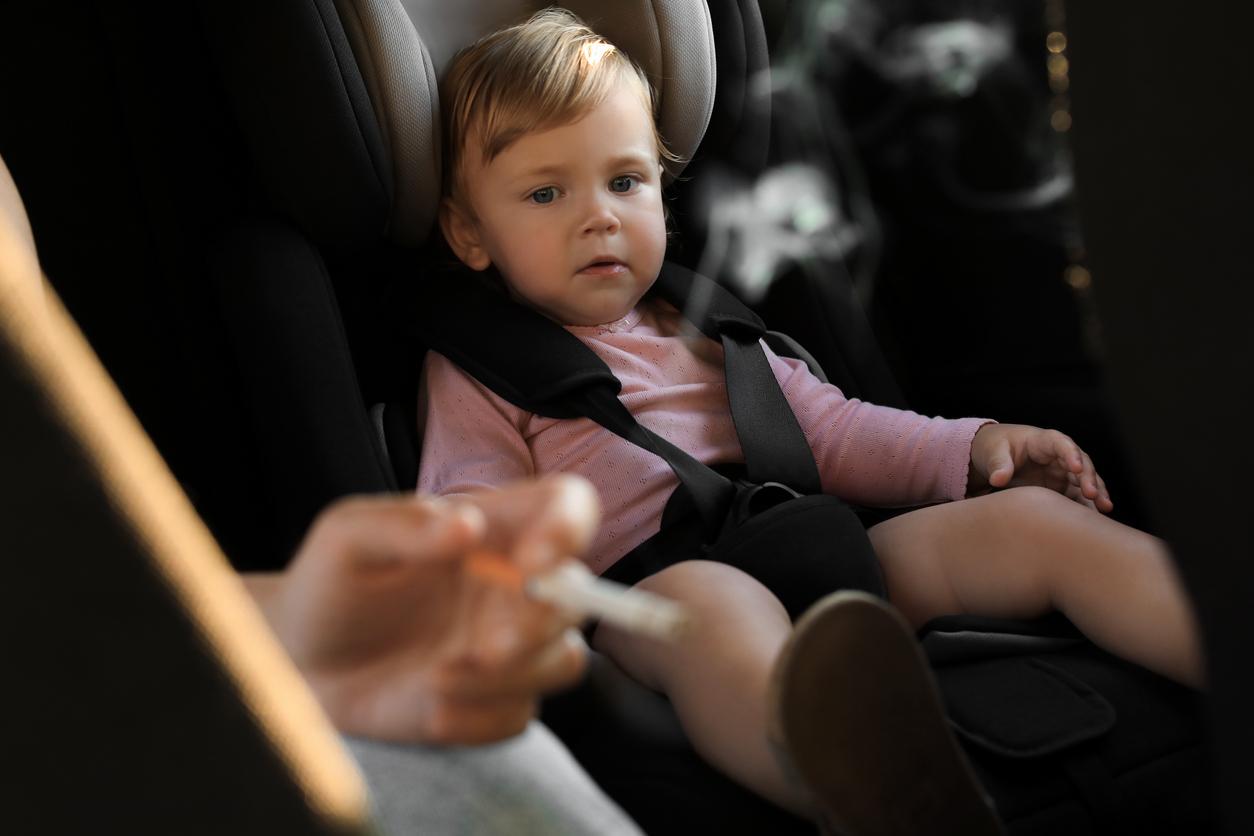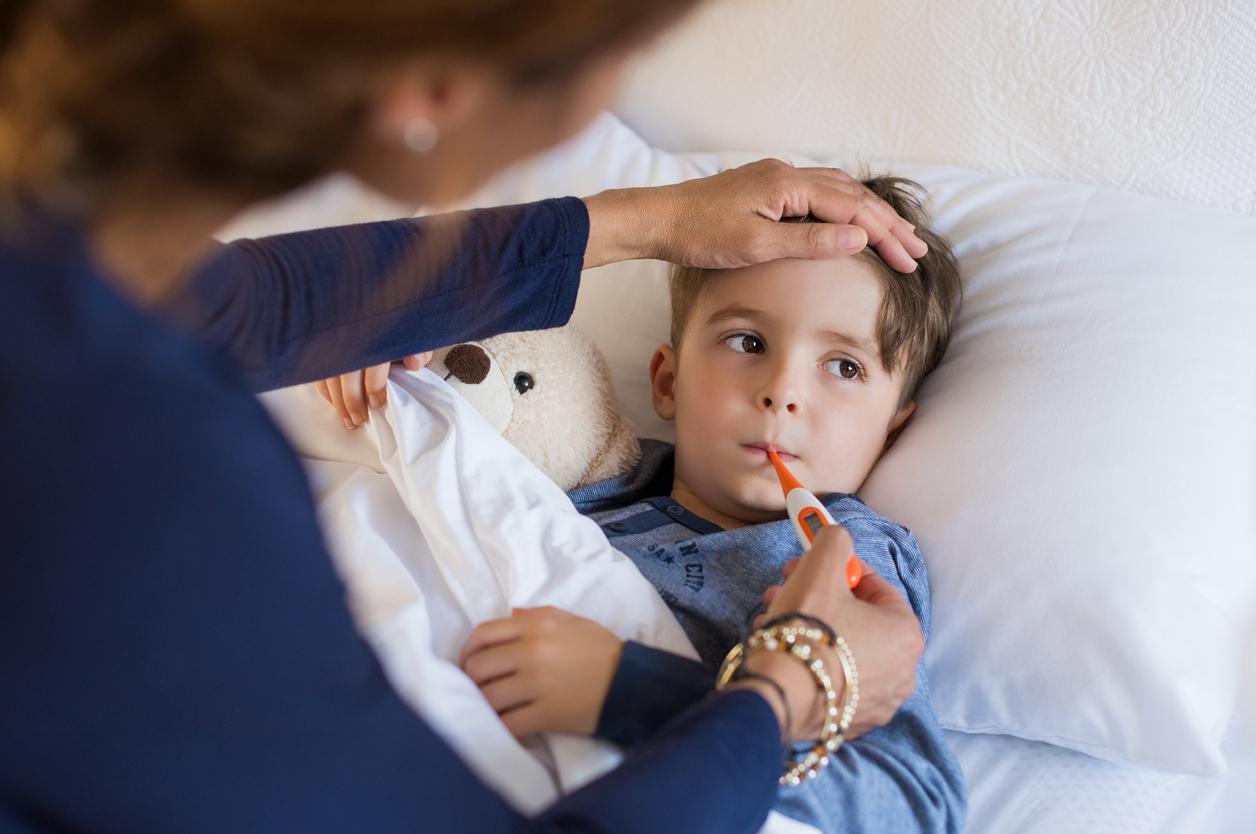Chinese researchers have found that gastrointestinal upset may be a symptom of Covid-19 in children.

More than 3.5 million people from 87 different countries and territories have been infected with the new coronavirus since the start of the pandemic. Despite the prevalence of cases, there is little information to understand the course of infection in children, who seem relatively less at risk than adults.
Five children without breathing difficulties tested positive
A Chinese study published in the journal Frontiers in Pediatrics nevertheless suggests that gastrointestinal disorders, even in the absence of respiratory disorders, could be a sign of infection in children. 5 young patients aged 2 months to 5.5 years (4 boys and a girl) tested positive between January 23 and February 20, 2020 at Wuhan Children’s Hospital, even though they had no difficulty respiratory.
“Three of the children had to be admitted to hospital for emergency surgery or treatmentwrite the researchers. The other two showed mainly gastrointestinal symptoms, one was a 2 month old infant with no fever or cough, who was reported by parents to have drowsiness and poor feeding.”
In detail, the disease has caused in the three most serious cases “acute intussusception, perforation of the appendicitis with local peritonitis and head trauma, while in the other two it was acute gastroenteritis, with hydronephrosis in one of them (a dilation of the kidney which obstructs the urinary tract, Editor’s note).”
Can the virus manifest in the digestive tract
“Although their initial symptoms may have been unrelated, or their symptoms of Covid-19 were initially mild or relatively hidden prior to admission to hospital, it is important to note that 4 of these 5 cases presented with symptoms of digestive tract as the first manifestation of this disease”they note.
How can a respiratory virus affect the digestive tract in the first place? According to the researchers, this could be because the type of lung cell receptors targeted by Covid-19 are also found in the intestines. More research is needed, but these results suggest that it is important to screen children presenting to hospital without apparent breathing difficulties.
.

















